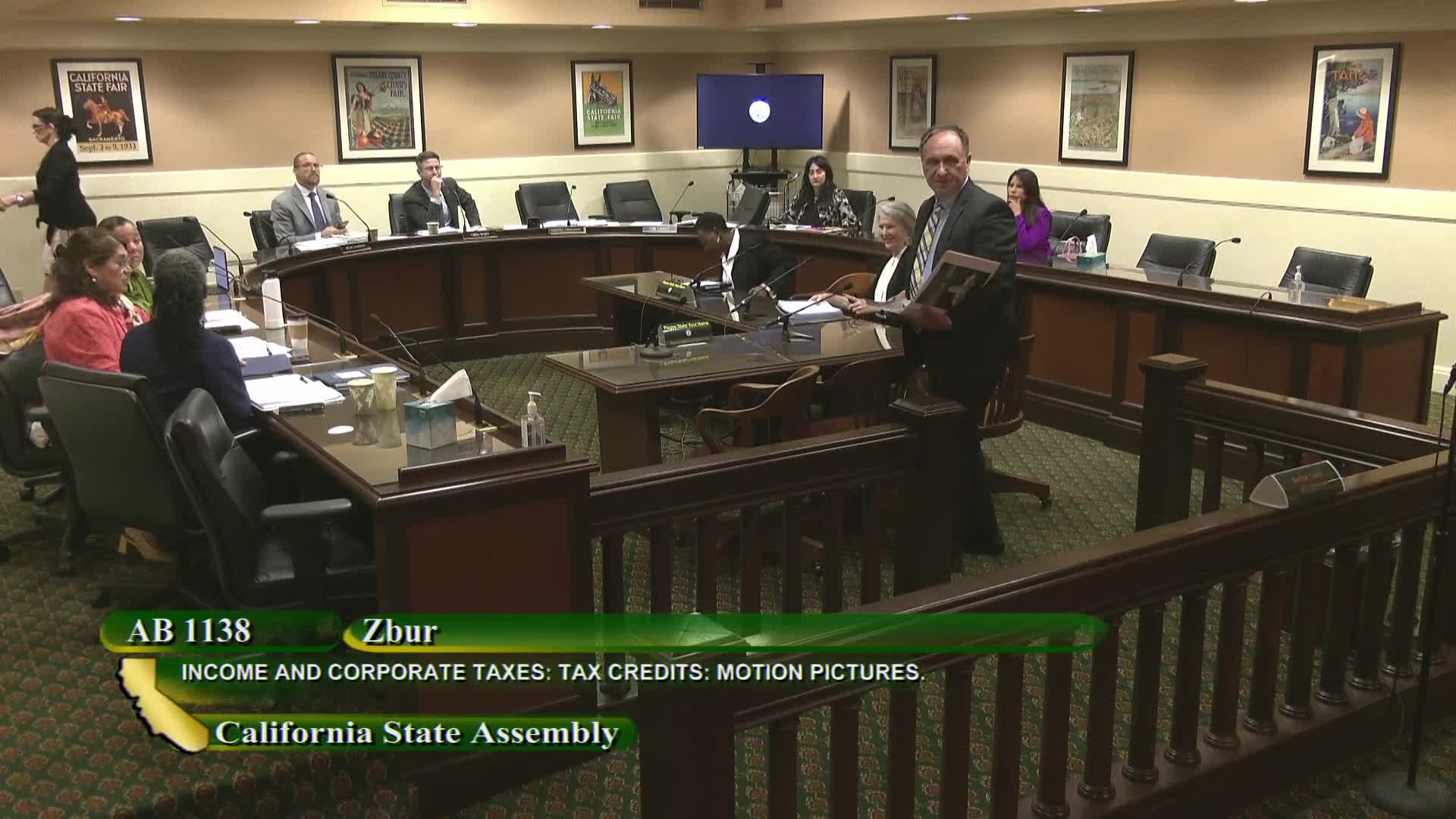Article not found
This article is no longer available. But don't worry—we've gathered other articles that discuss the same topic.
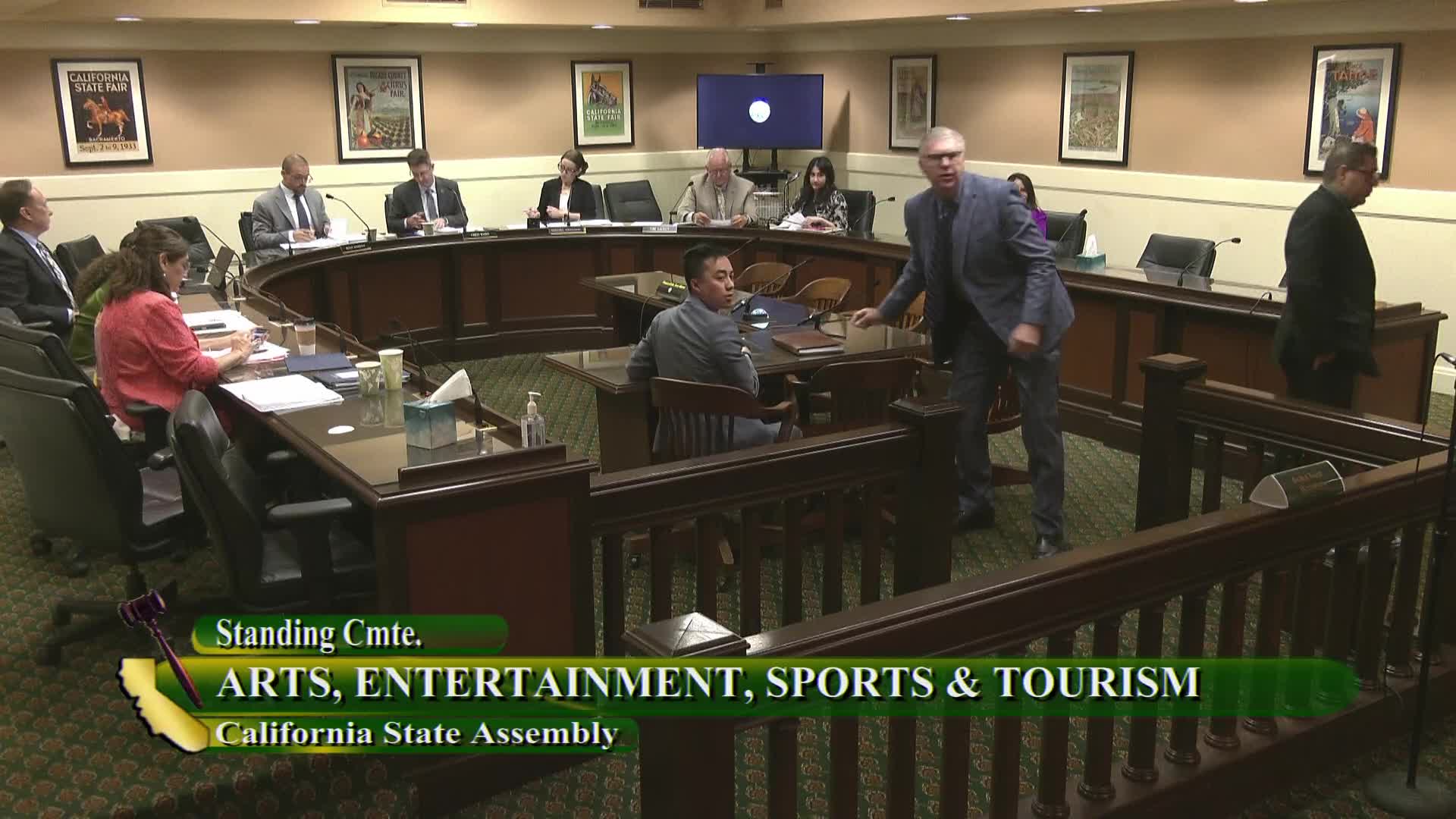
Assembly panel advances bill to require proof‑of‑purchase protections for event ticket buyers
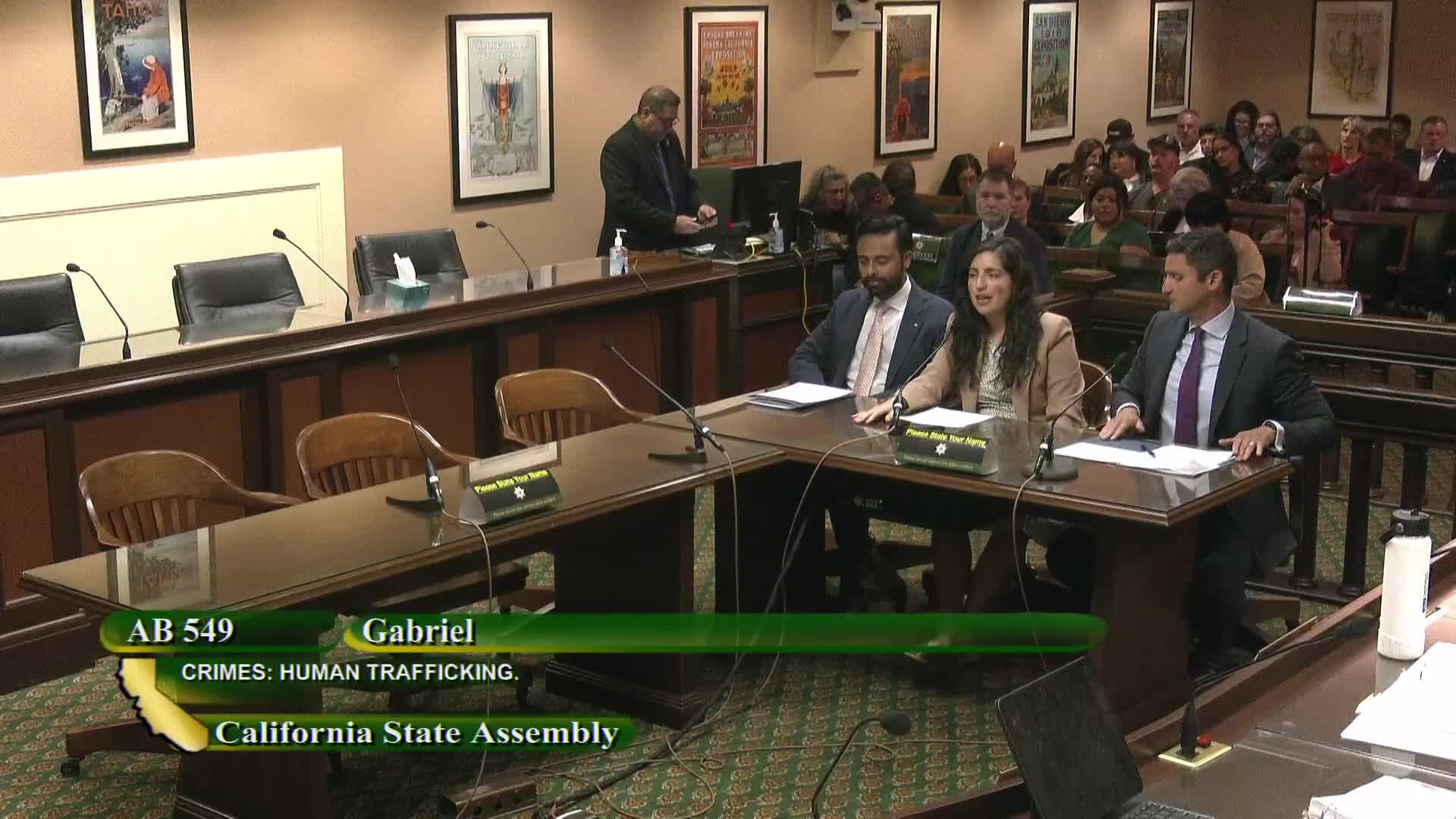
Committee advances interagency security coordination bill for upcoming mega sporting events
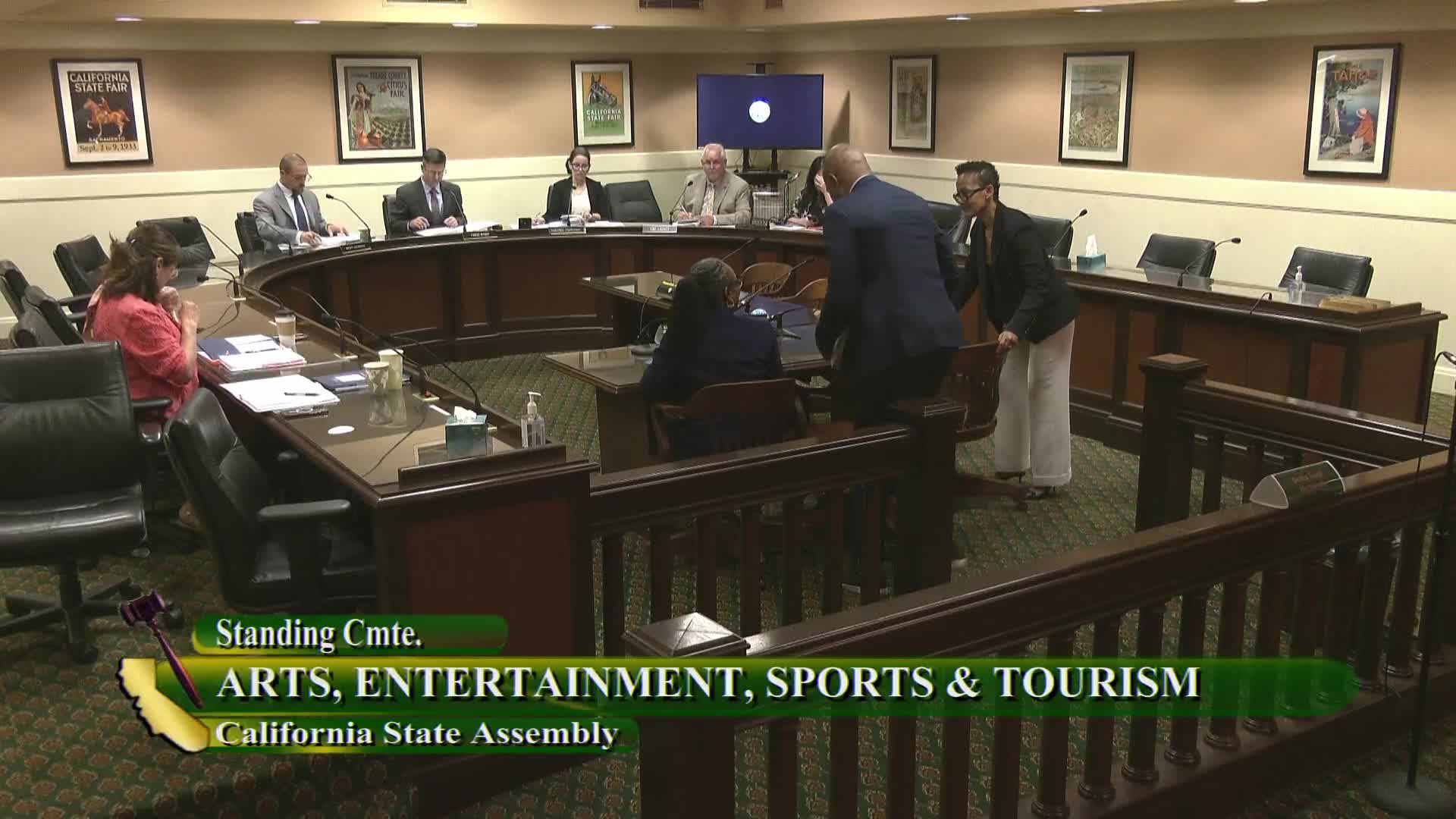
Assembly committee advances bill to study barriers to youth sports access
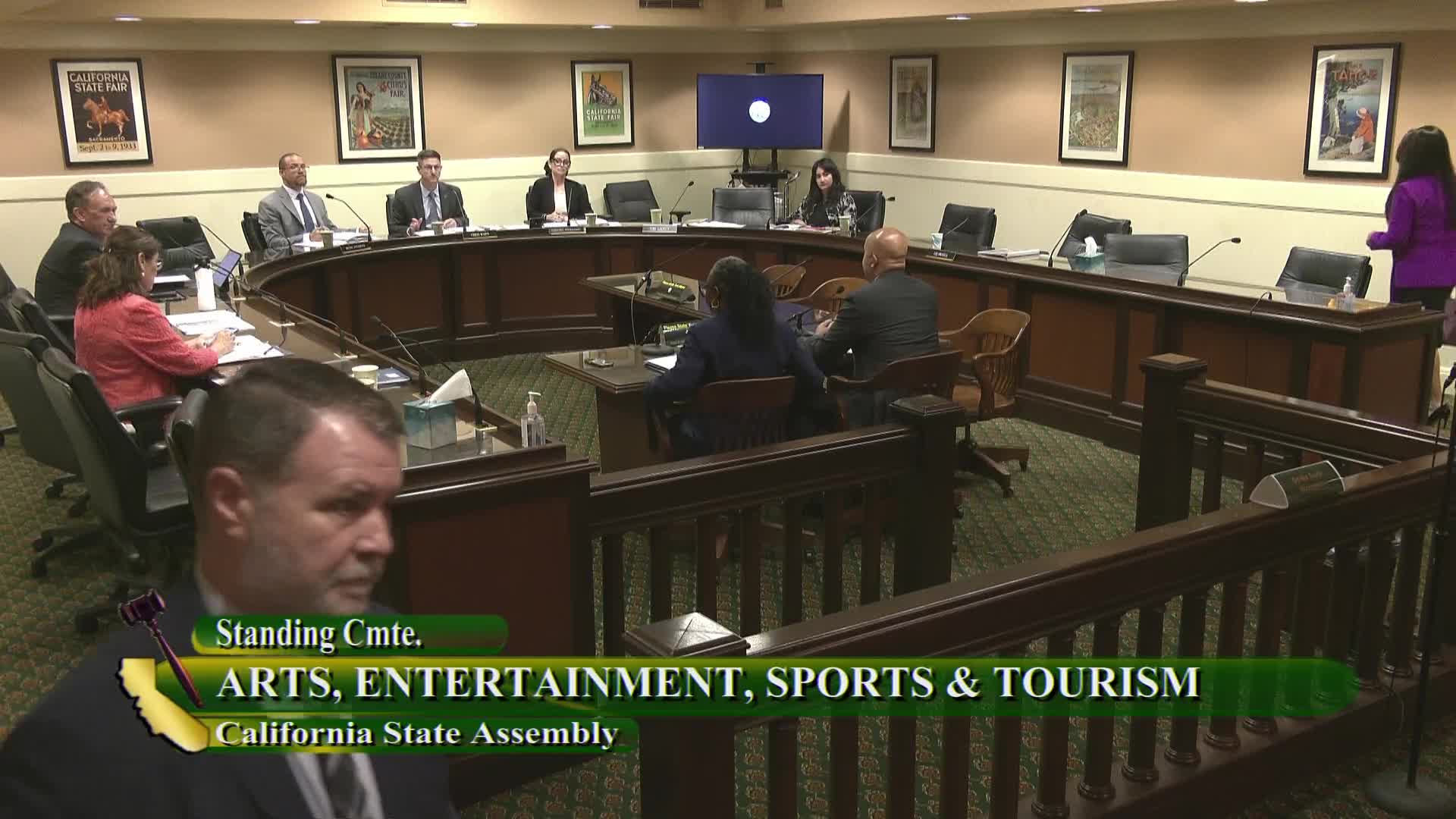
Committee advances bill to require reporting of diversity hiring outcomes for productions receiving tax incentives
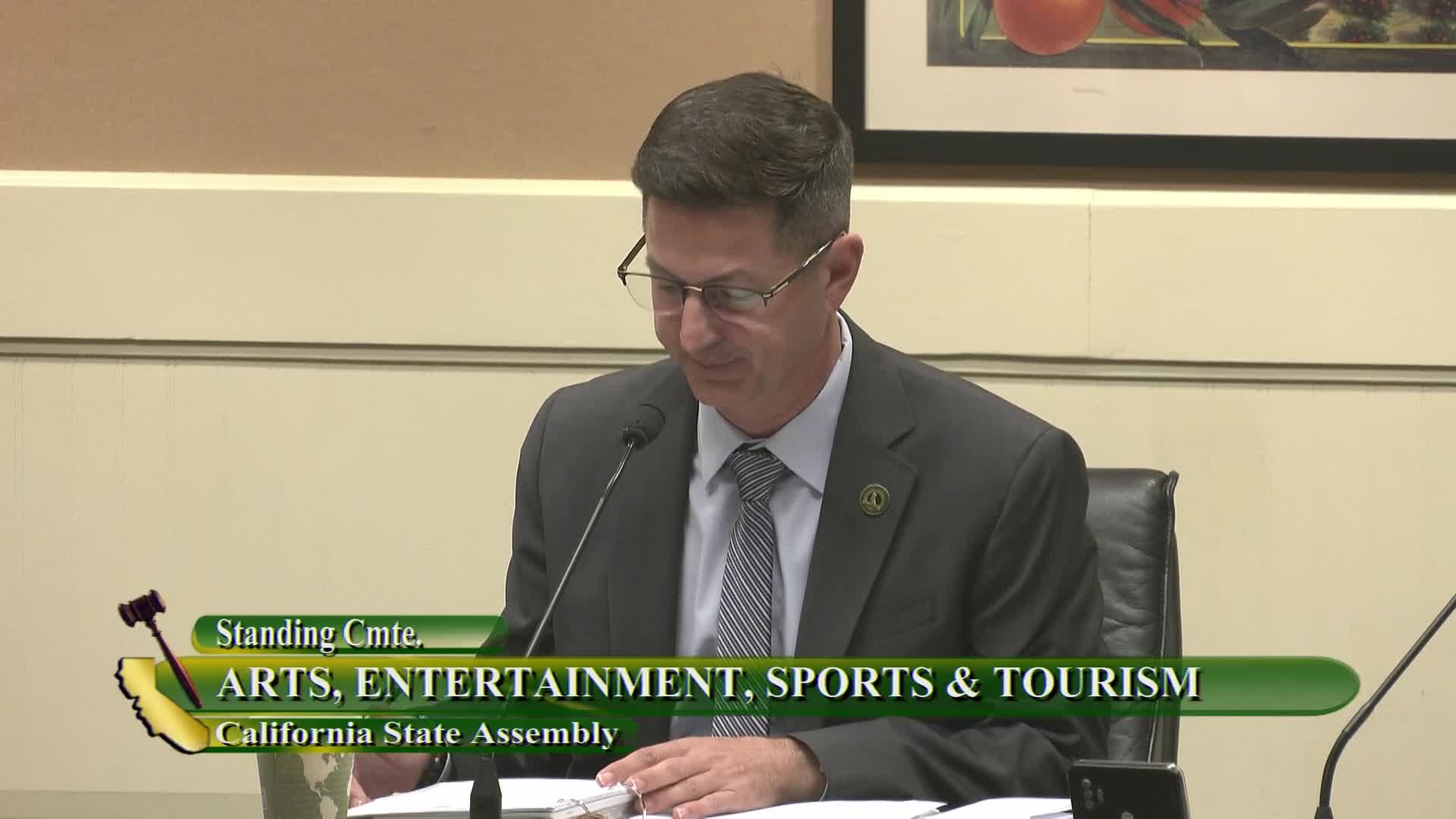
Committee approves bill authorizing $5 event transit fee for World Cup and NCAA finals in host counties
